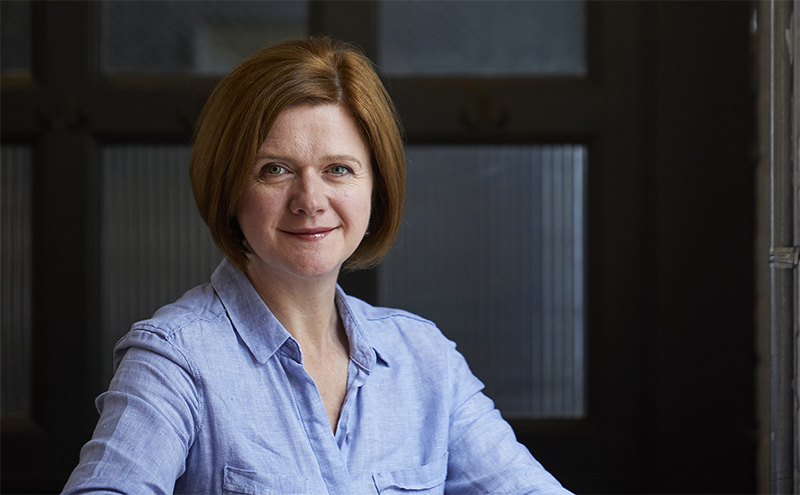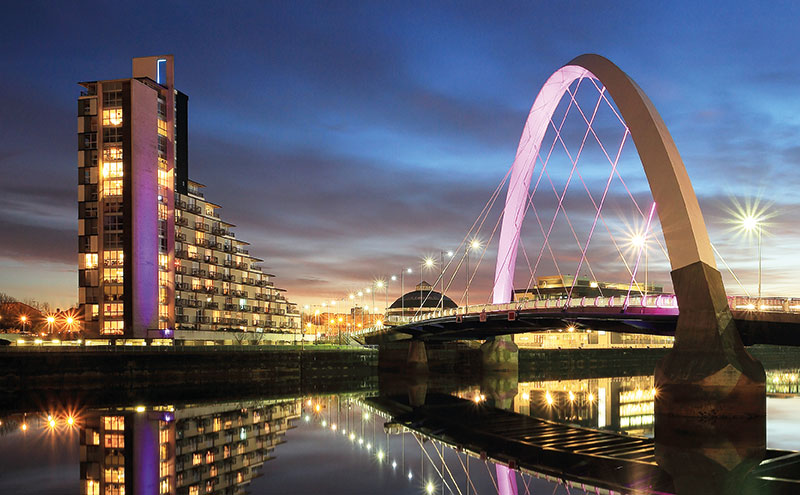Competition watchdog cites concerns over ‘clarity and accuracy’

TRADE groups have welcomed the Competition & Markets Authority’s (CMA) investigation into the practices of hotel booking sites.
The UK’s competition watchdog, which launched the investigation following its year-long market study of online comparison tools, cited concerns about the clarity, accuracy and presentation of information on sites, which it states “could mislead people, stop them finding the best deal and potentially break consumer law”.
Hotel booking sites like Expedia, Trivago, and Booking.com are all in the spotlight, with the CMA set to examine, among other aspects, the way in which hotels are ranked in search results – and if the amount of commission paid by hoteliers affects rankings; whether pressure selling tactics are used to ‘rush’ customers into booking rooms; and the fairness of discount claims, as well as probing hidden charges, such as taxes or booking fees.
Ufi Ibrahim, chief executive of the British Hospitality Association (BHA), said the group is “delighted” the investigation has been launched.
“Many of our members have been concerned about the vast power of online booking agencies, often charging high rates of commission, use of misleading information, pressure selling and a lack of transparency,” she said.
Such tactics can lead to guests paying more, said Ibrahim, who cited concerns regarding clauses which “restrict a hotel’s ability to offer a lower price on the hotel website than that offered to the online travel agent”.
The Scottish Tourism Alliance’s (STA) chief executive, Marc Crothall, also welcomed the investigation, echoing Ibrahim’s stance on booking site constrictions. “The mutually beneficial relationship of 20 years ago is no more – with [online travel agents] now dominating the reservations market,” he said.
Andrea Coscelli, chief executive of the CMA, said that with 70% of people shopping for hotel deals last year using hotel booking sites, the onus is on the firms “to give their customers information that is clear, accurate and presented in a way that enables people to choose the best deal for them”.
“But we are concerned that is not happening and that the information on sites may in fact be making it difficult for people to make the right choice,” said Coscelli. He added the CMA’s investigation aims “to get to the bottom of these issues, see whether sites are breaking consumer law and make sure they help, not hinder, people searching for their next hotel room”. Hoteliers who utilise booking sites are invited to share their views by December 15.
Various hotel booking sites have agreed to co-operate with the CMA’s investigation. A spokesperson for Expedia said the company “welcome further discussion with the CMA to review how the platform provides transparency”, while Trivago “will work with the CMA to explain the benefits it delivers to consumers looking for their ideal hotel”, according to its spokesperson. Booking.com declined to comment.























